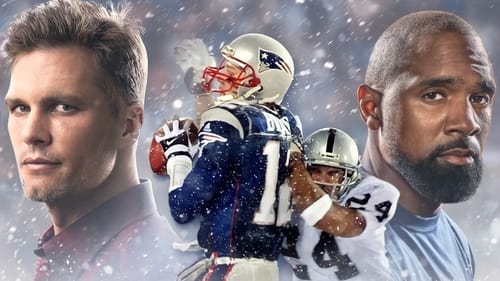
Himself
Peyton Manning stunned the sports world in 1997 by deciding to return for his senior season at Tennessee and spurning the NFL, making him the Heisman front-runner as he set his sights on an SEC Championship. But while Manning would be the preseason favorite for the hallowed honor, other candidates would find their way into the conversation when the games began. There was Washington State quarterback Ryan Leaf, making a bid for an even more impressive season than Manning. In West Virginia, after troubled stints at Notre Dame and Florida State, Randy Moss had emerged as a seemingly unstoppable wide receiver at Marshall. And then there was Charles Woodson, the Michigan cornerback who was so talented that the Wolverines made him a two-way player, designing plays for him at wide receiver. All the debate and controversy would culminate on the first Saturday in December at the Downtown Athletic Club in New York.

Self
Without the Tuck Rule, Tom Brady wouldn't have won his first playoff game – and who knows where his destiny might have gone from there. But whether what happened on January 19, 2002 was the right call or a terrible call, divine providence or deep conspiracy, one thing is certain: The life of Tom Brady, as well as the life of the Hall of Famer who hit him on the play, Brady's college teammate Charles Woodson, was forever changed that night.

The Tuck Rule Game, the January 19, 2002 playoff game between the Oakland Raiders and New England Patriots, and its aftermath.

